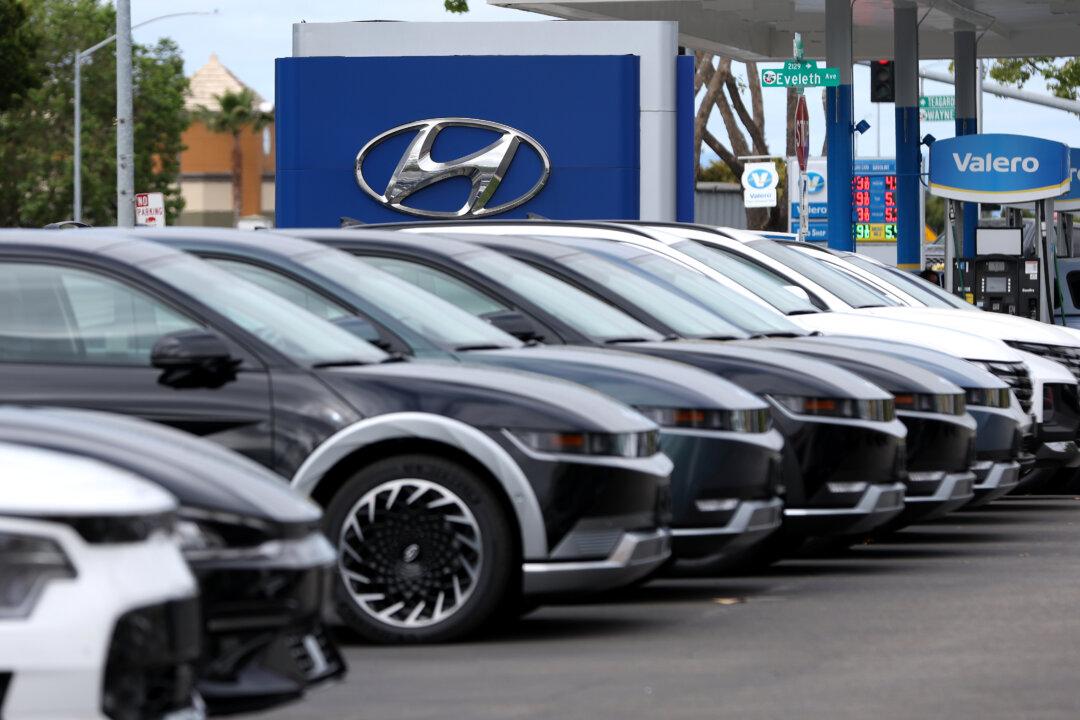The U.S. Department of Labor is suing Hyundai and two other companies, alleging that the firms profited from “oppressive child labor.”
The lawsuit was filed on May 30 at the U.S. District Court for the Middle District of Alabama. Three defendants are cited in the complaint—Hyundai Motor Manufacturing Alabama, SMART Alabama, and Best Practice Service (BPS).





